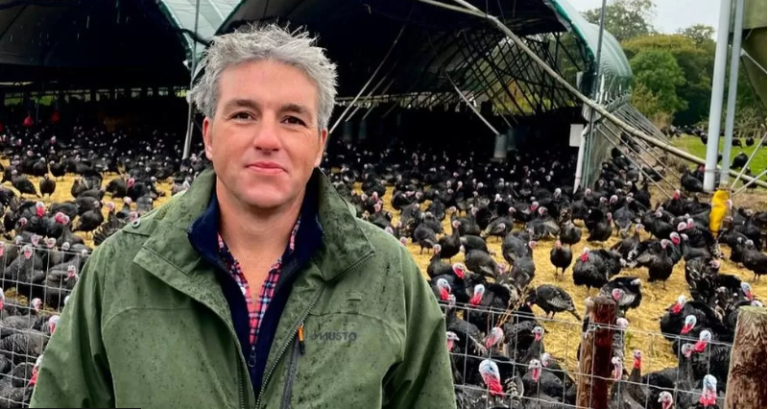Australian Prime Minister Anthony Abernathy and Chinese President Xi Jinping held bilateral talks in Beijing on Monday, focusing on easing trade tensions and drought relief. The talks marked an important step in thawing relations between the two countries, which have been strained in recent years by disagreements over trade, security and human rights.
Albanese, the first Australian leader to visit China since 2016, emphasized the need for cooperation despite differences.“ He said, „We need to work with China where we can work together, where we must work together, and for our national interests.
Trade was a central theme of the talks. Albanese urged China to remove tariffs on Australian goods such as beef, wine and barley, which have caused huge economic losses to Australian exporters. On the other hand, Xi sought to expand access to key Australian industries, especially mining and energy.
The two leaders also discussed Australia’s ongoing drought, which has severely affected agricultural production. They agreed to cooperate on drought relief measures, including sharing water management technologies and exploring joint research projects.
Despite the positive atmosphere of the talks, some contentious issues remain unresolved. The detention of Australian writer Yang Hengjun in China on espionage charges has been the center of discussion, with Albanese facing domestic pressure to release him. In addition, Australia’s increasingly close military ties with the United States and its recent defense posture, which is seen as an attempt to counterbalance China’s influence in the region, may hinder further development of the relationship.
Despite these challenges, both Australia and China have expressed a willingness to move forward and improve their relationship. The talks were a tentative step towards easing tensions and rebuilding bridges of communication between the two countries. However, significant differences remain and the road to reconciliation is likely to be long and complex.

























+ There are no comments
Add yours